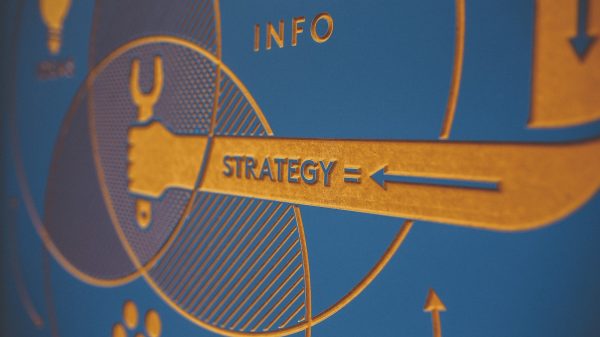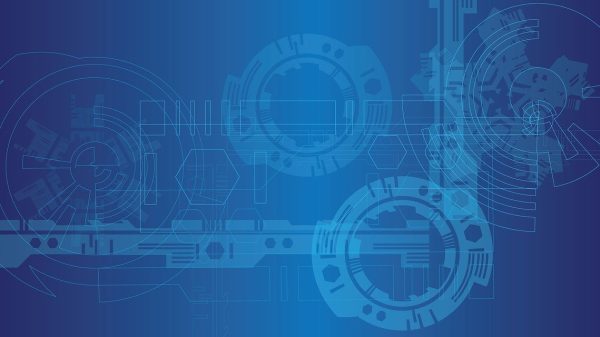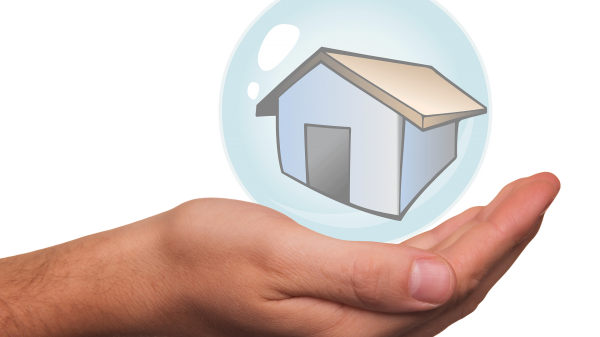In times of limited funds, we are trying to find a way to increase our monthly income. We want to bring the payment to a satisfactory level to cover our living expenses and meet our monthly obligations. Thus we are looking at the different options available to raise enough cash. The elderly population might be faced with such an issue. Meaning that maybe they have built in equity in their home and have ownership, but they are faced with an inadequate level of income to live a decent life. One solution to this problem is the reverse mortgage.
The reverse mortgage loan is one of the many different mortgage loans available for numerous needs. The loan is confusing in terms of the logic behind mortgages we are acquainted with. Namely, while with the other mortgages, the borrower has to pay monthly payments, with a reverse mortgage, the borrower can receive monthly payments. Before you rush to apply for a reverse mortgage, make sure you understand its advantages and drawbacks.
Reverse mortgage explained
A reverse mortgage is a form of mortgage available for elderly homeowners 62 years and older (in some countries, the lower limit by being 55 years). This type of mortgage allows you to transform a portion of the equity in your home into cash. Stated differently, the homeowner can borrow money against the house’s value in their ownership. The reverse mortgage aims to help senior citizens with limited income but who have equity built up in their homes. The funds from a reverse mortgage can be used to increase monthly income, pay off an existing mortgage and/or debt, and pay other expenses.
Repayment of the reverse mortgage is executed after the borrower’s death or until the sale of the home. The borrower pays no monthly payments as long as they live in the house.
Advantages of reverse mortgage
Ownership of your home – most misunderstand issue when it comes to reverse mortgage is about the ownership. People think that the lender is taking over the right of your home. This is not the case. You remain the owner of your home, even if you take a reverse mortgage. But keep in mind that you are the owner of your home, as long as you do not violate any terms. In addition, paying taxes and insurance is your obligation.
Monthly payments – although other types of mortgages require you to pay monthly fees, this is not the case with reverse mortgages. Not paying monthly payments is one of the biggest benefits of this type of mortgage. With a reverse mortgage, the monthly payments are made to you. Yes, that’s right, you will receive monthly payments. You will receive the monthly payments as long as you live in your home. This type of mortgage is repaid if you sell your home, change the primary residence, or when the remaining borrower leaves home.
The market value of your home – means that the value of your home can change over the years. If the value is increased, then there is nothing to worry about, even if you have a mortgage. But, the negative aspects come when the market value of your home declines. This is posing a problem when you have a mortgage and even worse when you want to sell your home and pay off your mortgage.
Thus, in relation to market value, the reverse mortgage is superior to other types of mortgage loans. The reverse mortgage loan is a loan insured by the federal government, thus followed by a higher level of protection. In case of a fall in the market value of your home, the value of your mortgage will be higher than the property’s sale price. Because a reverse mortgage loan is insured, the government insurance has an obligation to cover the difference between the mortgage loan amount and the sales price of your home. Thus you will never owe more than the value of your home.
Multiple payment choices – since this mortgage is a product for the senior, i.e., elderly population, it offers different payment options. Each of these options is adequate to cover different needs. Thus, the payment method is chosen by the borrower. The borrower can choose any of the following payout options: receiving the full or partial amount of funds, a line of credit, monthly payments, as well a combination.
Tax benefits – because the reverse mortgage is a form of loan, the funds received are tax-free. They are tax-free regardless of how you will receive them, a lump sum, or a monthly payment.
Reverse mortgage requirements – are not the same as the requirements for traditional mortgages. Namely, to apply for a reverse mortgage, you do not need to be worried too much about your credit score or income level. Because you are not making any monthly payments, these are not considered.
Disadvantages of reverse mortgage
High fees – regardless of its characteristics, a reverse mortgage is still a type of mortgage loan. Thus it has certain fees which should be paid. Some of the fees, such as the origination fees, can be relatively higher with a reverse mortgage. Because the approval of reverse mortgage is not based on income level, it does present higher risks for the lender. This is the reason why reverse mortgage fees might be higher. Keep in mind that the fees can be paid out of the reverse mortgage.
Interest rate – because of the risk involved for the lender, this type of mortgage bears much higher interest than some traditional mortgages. Although you put your equity as collateral for the loan, the amount you will end up taking is lower than the value of your equity. The amount of the funds taken is lower because of the lender’s different fees and higher interest rates.
Inheritance issue – with a reverse mortgage, you are receiving funds instead of making monthly payments. So, after your death, the mortgage would be paid off with the sale of your home, which means that your heirs will not get the house. Your heirs can get your home if they pay off the reverse mortgage. This might be considered to be one of the main drawbacks of reverse mortgages. If you are planning to leave a legacy for your children, this type of mortgage is not adequate.
Moving out – although the pros with a reverse mortgage were ownership of your home, it is correct as long as you stay in it. Meaning that you have some limitations if you decide to move elsewhere. Moving out of your home can initiate mortgage repayment (dying also initiate this process). Consequently, if you want to avoid making payments toward the lender, the home should be your primary residence. Not living in your home for more than a year can be considered as if you have moved out.
Home-related costs – all costs associated with your home fall on you. Thus, you are obliged to make the necessary repairs and keep your home in good condition. In addition, you are also liable for property taxes on your home, along with the obligation to pay insurance.
Complex loan type – one disadvantage can be the complexity of reverse mortgages. Although this is a disadvantage for some people, the fact remains that reverse mortgages might be difficult to understand.
You can often read that the mortgage loan would be one of the biggest decisions you will make in your life because a mortgage loan will have a major impact on your financial health for many years to come. Therefore, it is highly important to make a wise and informed decision concerning your mortgage.
While, with the other types of mortgage loans, you have an obligation to make monthly payments, there is one mortgage with which you are receiving monthly payments. This mortgage is called a reverse mortgage loan. A reverse mortgage can be pretty handy if you are faced with insufficient levels of income. You can supplement your monthly income with this form of a mortgage.





